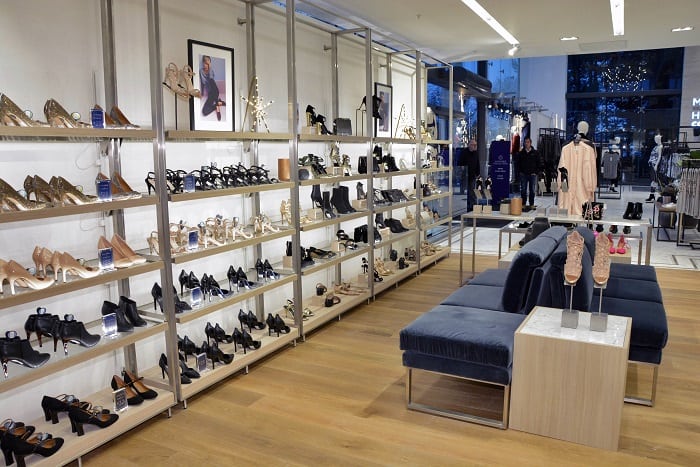Monday 29 March
– Full-year results from Pershing Square
-UK mortgage approvals data
-UK M4 money supply growth data
Tuesday 30 March
-Imperial Brands trading update
Imperial Brands first-half trading update will cover the six-month period that ends on 31 March and AJ Bell investment director Russ Mould believes this will be new chief executive Stefan Bomhard’s chance to show how the company is implementing the five-year strategy plan it unveiled in January.
The plan involved measures such driving productivity gains of £150-£160m a year to fund increased marketing for key brands such as JPS, Gauloises, Winston and Davidoff and to help deliver compound annual sales growth of 1% to 2% a year through to 2025.
November’s full-year results showed low-to-mid single digit growth in adjusted operating profit, strong pricing to help offset increased regulatory costs and Covid-related disruption to production facilities, ongoing losses at Next Generation Products and an ongoing reduction in net debt thanks to disposals and organic cash flow.
-Full-year results from Irn-Bru maker AG Barr, S&U and Michelmersh Brick
-Trading statement from Pennon
-US Case-Shiller house price index
-US Conference Board consumer confidence reading
-In Asia, quarterly results from Hon Hai Precision
-In the US, quarterly results from Lululemon, online pet food retailer Chewy and food ingredients specialist McCormick
Wednesday 31 March
-Full-year results from energy consultancy Inspired Energy and Animalcare
-First-half results from flooring expert (and serial dividend raiser) James Halstead
-Trading statement from Topps Tiles
-Chinese purchasing managers’ indices (PMIs)
-Final estimate for UK Q4 GDP growth
-EU inflation figures
-Monetary policy decision from Swiss National Bank
-ADP monthly payrolls data
-US oil inventories
-In Asia, quarterly results from Baiju-maker Kweichou Moutai and Foxconn
-In Europe, quarterly results from H&M
-In the US, quarterly results from silicon chipmaker Micron and Walgreen Boots Alliance
Thursday 1 April
-Next full-year results
Next’s shares have more than doubled over the last year, despite the pandemic, two dividend cuts and multiple lockdowns thanks to its online presence and financial strength, said Mould.
It expects pre-tax profits for the year to January of £342m according to January’s trading update, after an additional £12m profit from a fifty-third week to the financial year and a £40m property value write-down. This is down from the £728m reported in the year to January 2020 but above the chief executive Lord Simon Wolfson’s estimate of zero at this stage last year.
Despite Next’s announcement last April that it would not pay an interim dividend and would be unlikely to pay a final dividend next January either, analysts forecast a full-year payment of 33p a share.
Investors will also look for an update into Next’s acquisition plans, following the purchase of stakes in Victoria’s Secret UK and Reiss, as well as its unsuccessful bid for certain assets of Arcadia Group.
-Quarterly Japanese Tankan (Short-Term Economic Survey of Enterprises in Japan)
-Manufacturing purchasing managers’ indices in Asia, Europe, UK and US
-Challenger, Gray and Christmas monthly job losses survey in US
-Monthly US car sales data
-US weekly unemployment claims
-In Asia, quarterly results from Chinese silicon chip-maker SMIC and Taiwanese container shipping firm Evergreen Marine
Friday 2 April
-US non-farm payrolls
The non-farm payrolls figures, published by the US Bureau for Labor Statistics, measure how many jobs were added or lost in the preceding month, said Mould. February recorded an additional 397,000 new jobs but the weekly unemployment claims numbers have started flatlining.
The headline unemployment rate, known as the U3 figure, in February was 6.2%, a long way down from April’s peak of 14.8% but still above last February’s 51-year low of 3.5%, according to Mould.
The U6 unemployment rate, which includes discouraged workers who cannot work full-time even if they wish to or underemployed, as well as the unemployed was at 11.1% in February which Fed chair Jerome Powell has mentioned in a number of speeches recently suggesting that this is a reason for the Fed to keep interest rates on hold at a record low of 0.25%.









